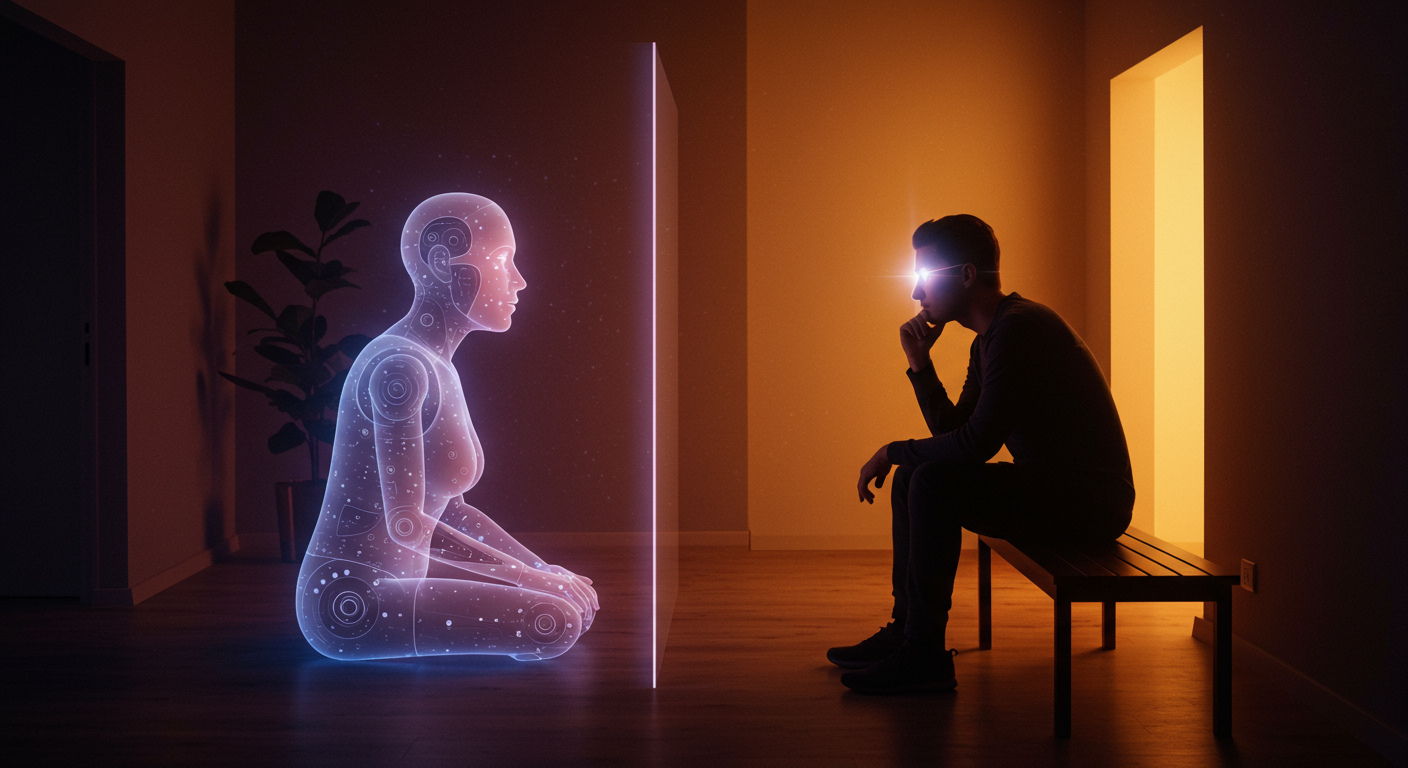Is Trustworthy AI Even Possible? How ChatGPT’s ‘Updates’ Expose the Blind Spots
ChatGPT just rolled out another batch of updates, boasting ‘better guardrails’ and ‘more human-like’ responses—but should we take these improvements at face value? AI can simulate empathy and comprehension, but asking a machine to weigh complex ethical choices reveals its haze of ambiguity. As we race for smarter, ever-more-convincing AI, the true risk isn’t rogue bots—it’s quietly automating away our human instincts for nuance, accountability, and common sense. Would you trust an algorithm with your company’s toughest calls, or do we still need that irreplaceable founder’s gut check?
Why Trust Is Priceless in Therapy (And AI Can’t Quite Buy It)
Scrolling the tech news this week, I was struck by the growing chorus: can we really trust AI with our mental health? Sure, an AI chatbot can deliver the right words, answer at all hours, and even learn your quirks. For some SaaS founders (myself included), that kind of on-demand coaching feels like a productivity dream.
But being a mentor in both tech and life has taught me this: there’s no substitute for real human empathy. The article from CNET lays it out clearly—AI chatbots, no matter how clever, can fake empathy, but they can’t replicate it. Unlike seasoned professionals, algorithms miss the nuance, the gut feeling, the moment you break script because a human needs you, not just information.
The Hidden Risks of Outsourcing Care
It’s tempting—cost-effective, scalable, always on. That’s the SaaS playbook, right? Yet in mental health, speed isn’t the only metric. A misstep from AI isn’t just a lost sale; it’s someone’s wellbeing. Real therapists adapt, pivot, and build trust—AI is still catching up. For tech leaders watching this trend, the advice from real experts is resounding: don’t let the bottom line replace the human line. Let’s innovate, but keep the heart in mind.
If you’ve tried an AI therapist, I’d love to hear your experience (the good, the bad, the unexpectedly weird). Drop your story below—this is one shift in tech we can’t afford to take lightly.
Related Articles:
Why Professionals Say You Should Think Twice Before Using AI as a Therapist
trained professional. Here’s some advice from actual experts.


